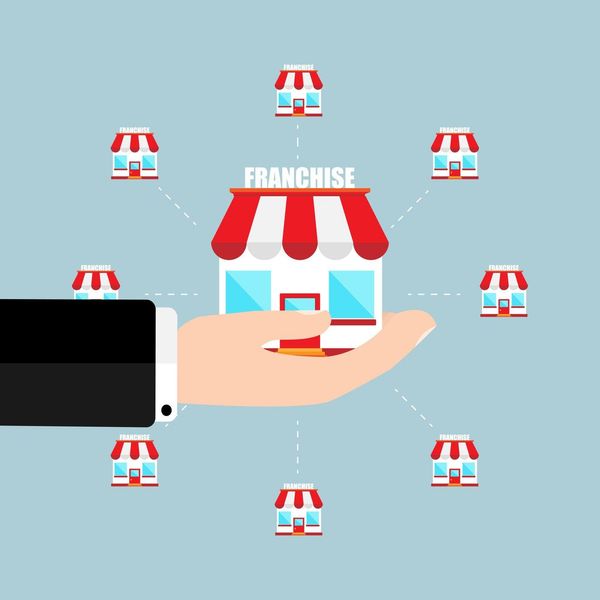Trademarks: The Legal Power Behind the Franchise Throne
Since its earliest days,trademarks have been described as the “cornerstone” of franchising, and indeed they are. My friends who work in the trademark field rather dismissively refer to franchise agreements as being nothing more than “trademark licenses with overdrive.”
I have found in my work with both franchisors and franchisees that trademarks are largely understood only poorly, and sometimes, not at all. According to the recent legal cases coming out of franchising, this misunderstanding of the legal power and ownership rights surrounding trademarks leads to a lot of disappointed franchisees.
A few basic points about trademarks:
A trademark is defined as a word, name, phrase, symbol, sound, or color that distinguishes goods or services from those manufactured or sold by others and indicates the source of the goods. This concept should never be confused with other types of intellectual property, such as a copyright or a patent. The right to use the trademark owned by the franchisor is a primary grant under virtually all franchise agreements. It’s the name over the door, the design on the pocket of the uniform, and the familiar phrase appearing on product packaging. Some famous franchise trademarks: McDonald’s, Subway, Wendy’s, Big O, Holiday Inn, and Dunkin’ Donuts.
A trademark owner is well advised to show a “TM” or an “SM” symbol in conjunction with a trademark, whether or not it is registered anywhere. The “SM” symbol stands for service mark, identifying services rather than goods. These symbols give notice to all who see the mark that the owner claims rights in it.
Trademarks are regulated by, and can be registered under, both state and federal law – but there really is no comparison between the state and federal regimes in this field. Federal law – the “Lanham Act of 1946” – rules the field of trademarks. Registration under the Lanham Act with the US Patent and Trademark Office (the “USPTO”) gives notice to the world that the owner claims rights in the mark, and sets an orderly priority of rights regarding similar trademarks. Once registered under the Lanham Act (the application process can take up to 18 months, longer if there are problems raised by the examiner) the owner is authorized to display the trademark with the “?” symbol. The registration is for 10 years as long as formal statements regarding use are submitted between the fifth and sixth anniversaries, and, unlike patents, trademark registrations can be renewed forever as long as the mark continues to be used in commerce.
A franchisor, as owner of the licensed trademark, has the legal obligation to assure that the mark is being properly used and displayed, and, if well advised, will tolerate no variation in the color, design, size, or the products/services that are identified by a particular mark. Franchisees who ignore these restrictions or treat them casually do so at their own risk.
When a franchise agreement is terminated, the right to use the trademark terminates, and franchisees that continue in business using the mark without authority run a high risk of liability to the franchisor. Recent reported cases illustrate this principle: of the five cases noted in the Annual Franchise and Distribution Law Developments 2009, presented at the ABA Forum on Franchising in October 2009, all of them found in favor of the franchisor over the claims and defenses of franchisees who continued to use trademarks after termination of the relationship, and franchisors were largely successful in securing preliminary injunctions to require immediate compliance.
A trademark may be the single most valuable asset of the franchisor, and its proper use is certainly the most legally protected of the rights granted to franchisees.
Andrew Caffey is one of the nation’s leading franchise legal specialists and he represents franchisors across the United States. Caffey served as General Counsel of the International Franchise Association, a member of the Governing Committee of the ABA Forum on Franchising, and Chair of the ABA Forum on Franchising. He also is a member of the bar in Maryland and the District of Columbia, and a member of the Panel of Neutrals of the American Arbitration Association. Caffey has appeared on numerous franchise programs and is a frequent speaker and author on subjects of franchise and business opportunity regulation. Contact him at acaffey@gmail.com.



